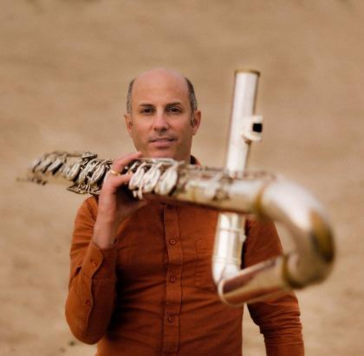This article explores the intersection between institutional hierarchies and learning at a UK conservatoire. Conceptualizing learning as a social practice situated in a hierarchical social space, the article draws on the theorization of Bourdieu to understand how students are positioned in the conservatoire field and what this means in terms of their learning. Working within a social constructionist framework, the study adopted qualitative research with two case students, making use of a trilogy of methods: semi-structured interviews, participant self-documentation and participant-verification interviews. Findings reveal that as students participate in the conservatoire field they appear to learn their position in the conservatoire’s hierarchies, and that their position relates to what and how they learn. The conservatoire’s hierarchical organization can thus be considered an important factor in shaping student learning, illuminating the need for further research to explore how learning experiences and opportunities can be maximized for all conservatoire students.
LINK
As educational institutions, conservatoires remain largely unresearched and, crucially, relatively unchallenged. In particular, research has paid little attention to in-depth studies of culture, so that not enough is known of the cultural practices that characterise and shape a conservatoire education. This article addresses this gap through seeking to understand the constructed nature of the ‘learning cultures’ - the cultural practices through which students learn - of a UK conservatoire. Working within an ethnographically-informed case study, multiple qualitative methods were employed to collect in-depth data. Key findings from a four-phased analysis procedure reveal that the conservatoire’s learning cultures are constructed across four intertwined features: (1) learning cultures of performing specialism, (2) learning cultures of social networking, (3) learning cultures of musical hierarchiesand (4) learning cultures of vocational position taking. Implications of the study are discussed, and recommendations made for the introduction of creative and reflective spaces for learning in the conservatoires of the future.
LINK
Students in Higher Music Education (HME) are not facilitated to develop both their artistic and academic musical competences. Conservatoires (professional education, or ‘HBO’) traditionally foster the development of musical craftsmanship, while university musicology departments (academic education, or ‘WO’) promote broader perspectives on music’s place in society. All the while, music professionals are increasingly required to combine musical and scholarly knowledge. Indeed, musicianship is more than performance, and musicology more than reflection—a robust musical practice requires people who are versed in both domains. It’s time our education mirrors this blended profession. This proposal entails collaborative projects between a conservatory and a university in two cities where musical performance and musicology equally thrive: Amsterdam (Conservatory and University of Amsterdam) and Utrecht (HKU Utrechts Conservatorium and Utrecht University). Each project will pilot a joint program of study, combining existing modules with newly developed ones. The feasibility of joint degrees will be explored: a combined bachelor’s degree in Amsterdam; and a combined master’s degree in Utrecht. The full innovation process will be translated to a transferable infrastructural model. For 125 students it will fuse praxis-based musical knowledge and skills, practice-led research and academic training. Beyond this, the partners will also use the Comenius funds as a springboard for collaboration between the two cities to enrich their respective BA and MA programs. In the end, the programme will diversify the educational possibilities for students of music in the Netherlands, and thereby increase their professional opportunities in today’s job market.
